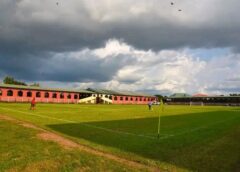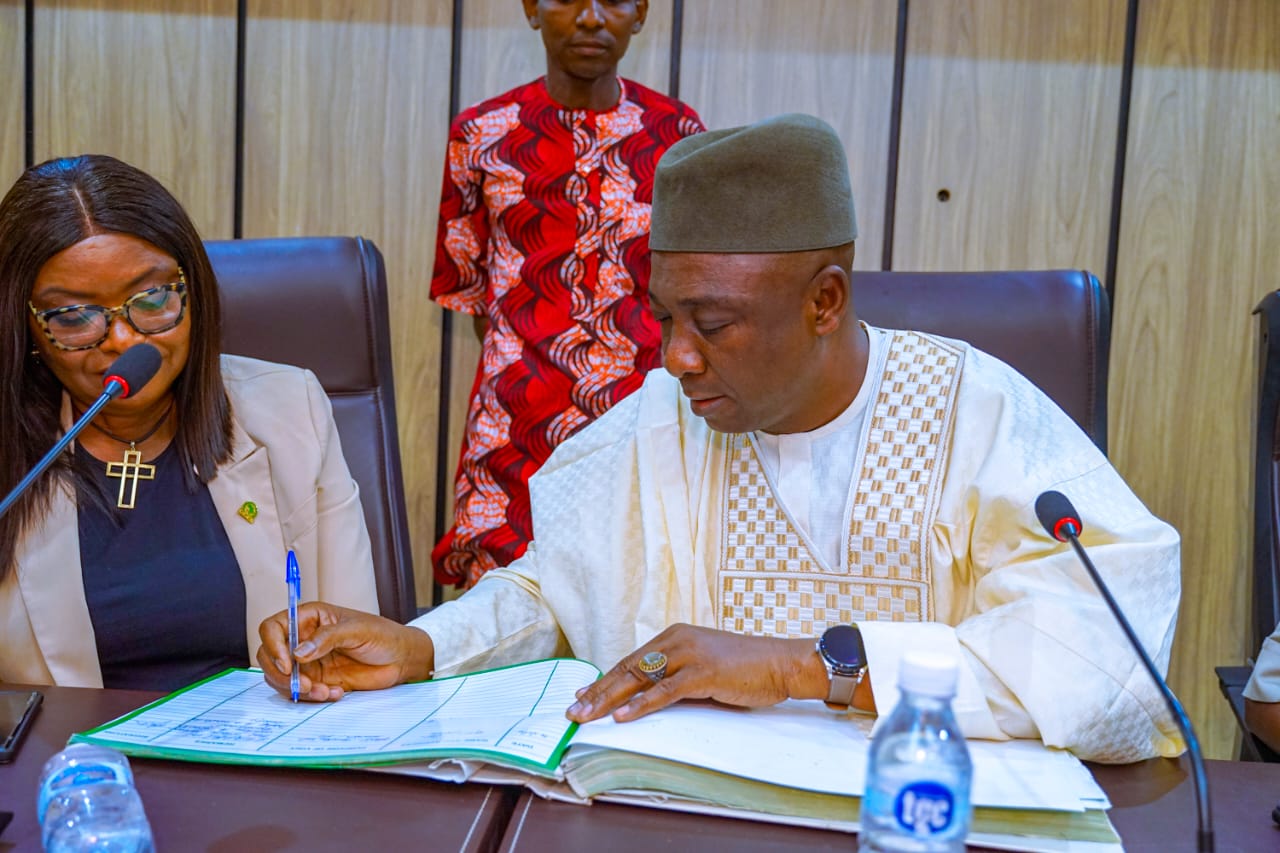The opening of the Nigerian Premier Football League season has brought with it a flood of negative feedback regarding the state of Umuahia Township Stadium, the home ground of Abia Warriors FC. With a capacity of only 5000, this stadium has found itself in the center of controversy, and fans and stakeholders alike are voicing their concerns.
One fan expressed their disappointment by calling the stadium “an eyesore.” It’s evident that the condition of this venue has raised eyebrows, and the question arises: How did such a stadium become approved for our beloved league?
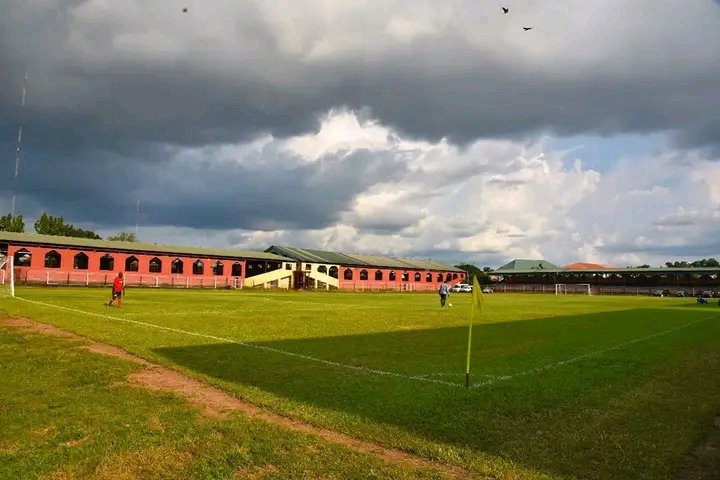
One of the major issues plaguing Umuahia Township Stadium is its dire need for a complete overhaul. From the pitch quality to the stands, there is a laundry list of issues that require immediate attention. Fans have highlighted that they cannot even sit at the stadium. This not only disrupts the viewing experience but also endangers the safety of spectators, who are forced to stand on the sidelines.
Perhaps one of the most concerning complaints is the condition of the pitch. It has been likened to a “potato field,” and many fear that it will only worsen during the dry season. Inadequate playing surfaces can lead to injuries and negatively impact the quality of football played, which is something that no football club or fan wants to see.
The call for Abia Warriors FC to relocate to Aba until the Umuahia Township Stadium is renovated speaks volumes about the urgency of the situation. While it may be a temporary solution, it is an indication of the severity of the stadium’s problems.
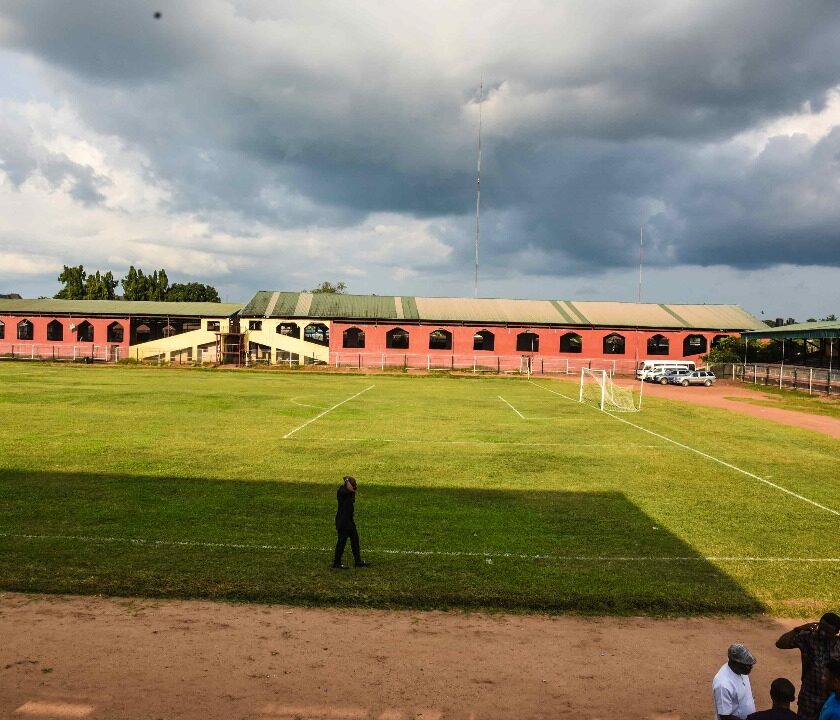
Fans are now appealing to the state government to take action and renovate Umuahia Township Stadium. Moreover, there is a strong plea for the government to make plans for the construction of a new township stadium in the near future. This would not only benefit the football clubs but also contribute to the development of sports infrastructure in the region.
The frustration expressed by fans is not limited to Umuahia Township Stadium alone. It has raised concerns about the overall state of football stadiums in Nigeria. If a stadium is unfit for even a secondary school football match, as one critic pointed out, it raises questions about the standards upheld in our sports facilities across the country.
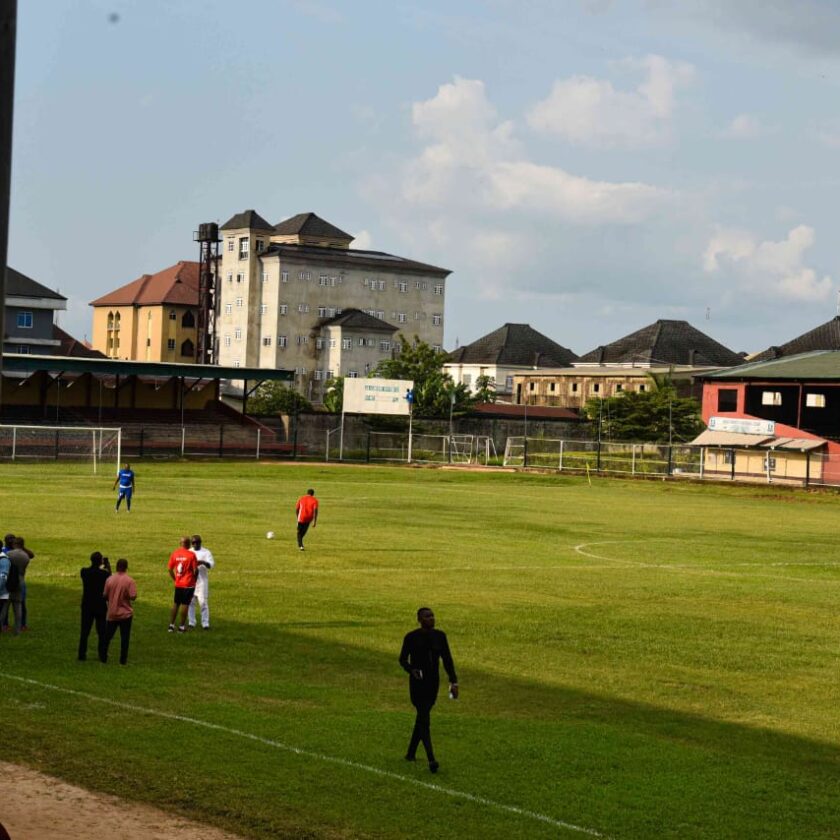
As football enthusiasts, we all share the hope that the Nigerian Premier Football League can continue to grow and thrive. To achieve this, it’s essential to address the glaring issues at Umuahia Township Stadium and, by extension, other stadiums that may be in similar disrepair. Until then, the league may not reach its full potential, and the beautiful game we all love will continue to suffer.
In conclusion, the negative feedback surrounding Umuahia Township Stadium is a wake-up call for authorities and stakeholders in Nigerian football. The time has come to prioritize the refurbishment of existing stadiums and invest in new, modern facilities to elevate the standard of the game. Our beloved league and its fans deserve nothing less.
